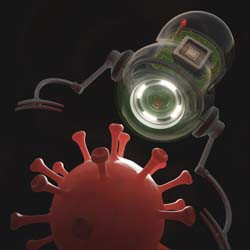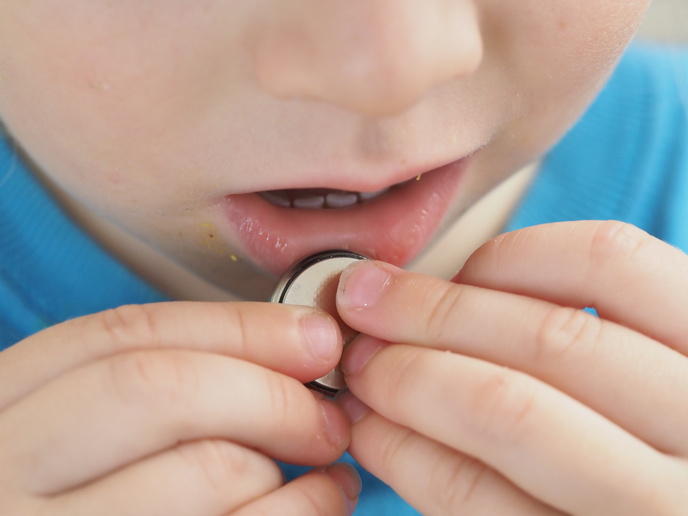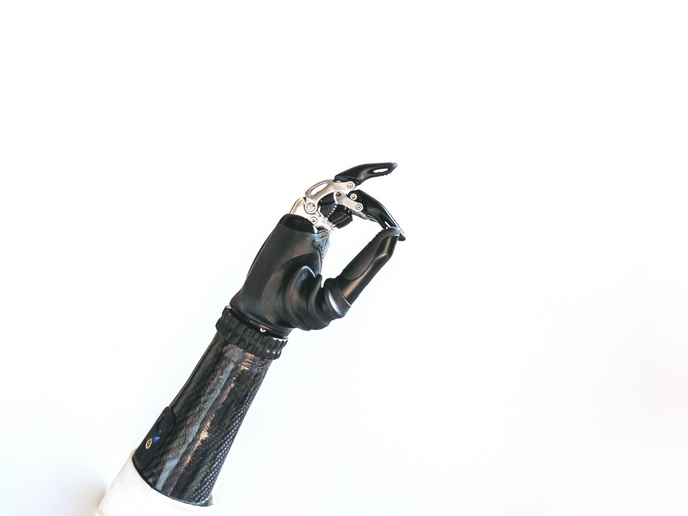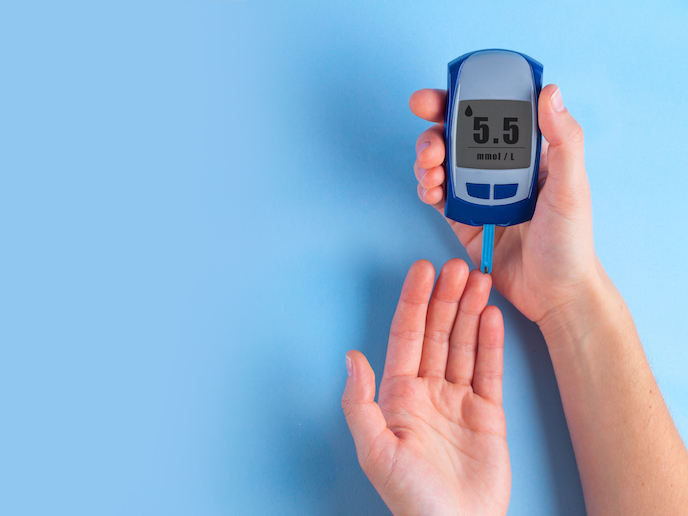Miniature devices for biomedical use
Miniaturisation of bioanalytical platforms can significantly enhance processing speeds due to fast handling and reaction kinetics of minute sample volumes. This eventually is a promising step towards single-molecule or single-cell resolution. A fruitful collaboration between Chinese and European research institutes fostered extensive development in the fields of microelectromechanical systems and microfluidic devices for biomedical applications. EU funding of the project 'Microsystems and bioanalysis platforms for health care MICROCARE' (MICROCARE) supported the effort. Research focused on exploiting the versatility of silicon micro- and nanofabrication technologies to produce systems and devices for biochemical analysis and micro-delivery. The team combined nano-patterning techniques and advanced polymeric materials such as transparent conductive polymers or piezoelectric compounds. More specifically, scientists developed surface structuring and chemical organisation methods as well as techniques to produce micro- and nano-structured patterns. The latter were used to study the role of surface patterning on cellular behaviours such as differentiation, growth and alignment. Partners also designed and tested the feasibility of microfluidic channels with integrated micro- and nano-patterned structures, which were generated by nanoimprint lithography. Among the numerous devices achieved within the four-year MICROCARE project were new scaffolds for tissue engineering and novel microfluidic devices for diagnosis of tumour cells and for the study of synthetic and systems biology. Chemical and biological sensors of oxygen, glucose and lactate will aid not only in diagnosis of diseases but also in understanding chemical signalling in cells. In the future, such platforms may be used to actually control cell signalling and cell regulation. Scientists integrated some devices for 3D imaging or spectroscopy. The large variety of miniaturised sensor devices and novel techniques developed within the scope of MICROCARE could have important benefits in the health care realm and beyond. Advancement in portable, efficient and reliable diagnostics with lower costs and faster throughput will enhance the European competitive position in a large global market while enhancing quality of life for EU citizens.
Keywords
Biomedical, nano-patterning, microfluidics, microsystems, bioanalysis platforms, health care







